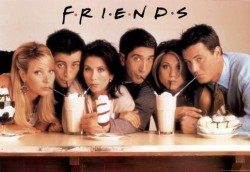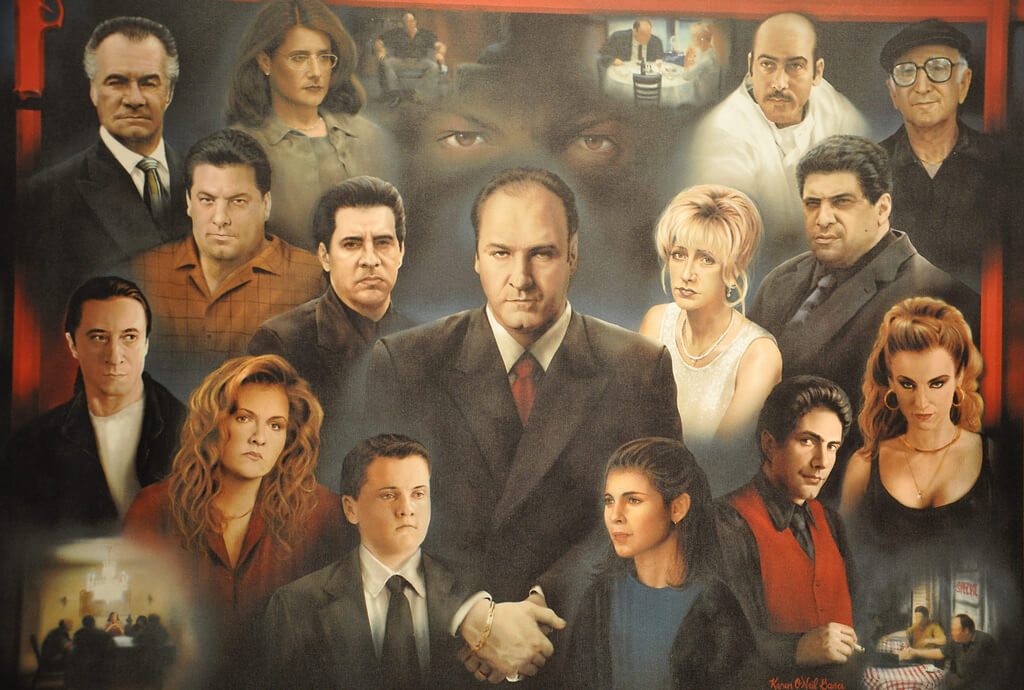What makes a grand finale?
It’s strange to think that before Richard Kimble (David Janssen) finally caught his One-Armed Man in 1967, there was no such thing as a series ‘finale’. Shows would produce a bunch of self-contained episodes, which would add up to a season and this would air for a month or two, then stop, and that was that.
Over the five decades that followed, things changed. While we might not have wanted our favourite show to end, we came to expect that, if it was to end, it had to be an event – a big, emotional, satisfying conclusion to everything that came before, which would both validate and elevate our love for the show’s universe.
It’s no surprise, then, that most finales suck. For one to work, it has to rely on its preceding content being consistent and effective, adding up to a logical, resonant conclusion. But history has proven that most television varies wildly from week to week as writers, showrun- ners and actors of vary- ing degrees of talent are shuffled about like cattle. Most shows , which run on and on until their audience gives up or the money runs dry, would have benefited from getting the chop a few years earlier.

How I Met Your Mother’s finale was lambasted by critics and fans alike for tarring the legacy of the show. Image: Flickr / Quentin Meulepas
A recent culprit of this is How I Met Your Mother which united critics, audiences and the rest of humanity in the kind of scorn normally reserved for perpetrators of animal cruelty (or Katie Hopkins). Other shows, like Dexter, Weeds, True Blood and even Oz are forever destined to be recommended to others with caveats – because of final episodes that are merely symptomatic of their preceding periods of rubbishness.
Not all shows have this excuse. Both Battlestar Galactica and Lost doomed themselves to failure by posing questions and mysteries too big for their shows to handle. This made their resolutions – ‘God did it’ and ‘everyone was already dead’, respectively – feel cheap.
Some shows have opted to go for a novelty ‘twist’ in place of actual storytelling, which is pretty much guaranteed to piss people off (see: St. Elsewhere, Roseanne, Newhart, etc.).
What unites our most beloved finales, however, is the ability to please their crowd with something sad and sweet that gives everyone the send-off they deserve. There’s a reason why 125 million tuned into the final episode of M*A*S*H; a record broken only by the Superbowl in 2010.

Friends: a prime example of a show that knew how to do a finale correctly. Image: Flickr / Geoffrey Chandler
It’s the same reason why Friends and Cheers are still held up as classics of their genre: their finales were a little teary, a little funny, and wholly satisfying for their devotees around the world.
For me, the best finales are the ones that both stay true to the spirit of the show, and also give the viewer something further to ponder; something to enrichen any subsequent rewatches. Good candidates would be The Mary Tyler Moore Show, The Shield, The Office (UK) and The Wire. I’ve heard the Mad Men one is good, too.
But, without a doubt, the best finale of all time – to my favourite TV series of all time – is ‘Made in America’, the conclusion to The Sopranos.
Its final scene saw mob boss Tony Soprano (James Gandolfini) sit down at a diner with his family. The tension rose throughout, as we expected a hitman to come along and blow his brains out. But, at the crucial moment, the show cut to black. Credits. The end.
Some people got very angry, at first thinking that their electricity had cut out, then that David Chase, the show’s creator, had short-changed them somehow. Some wrote long, over-analytical essays about what it all really meant.
Out of the chaos, though, one thing was certain: it was the most haunting, aggravating and decisively final way you could ever end a show. Some- times the hardest thing is letting go; we just need a kick to send us in the right direction.

Comments